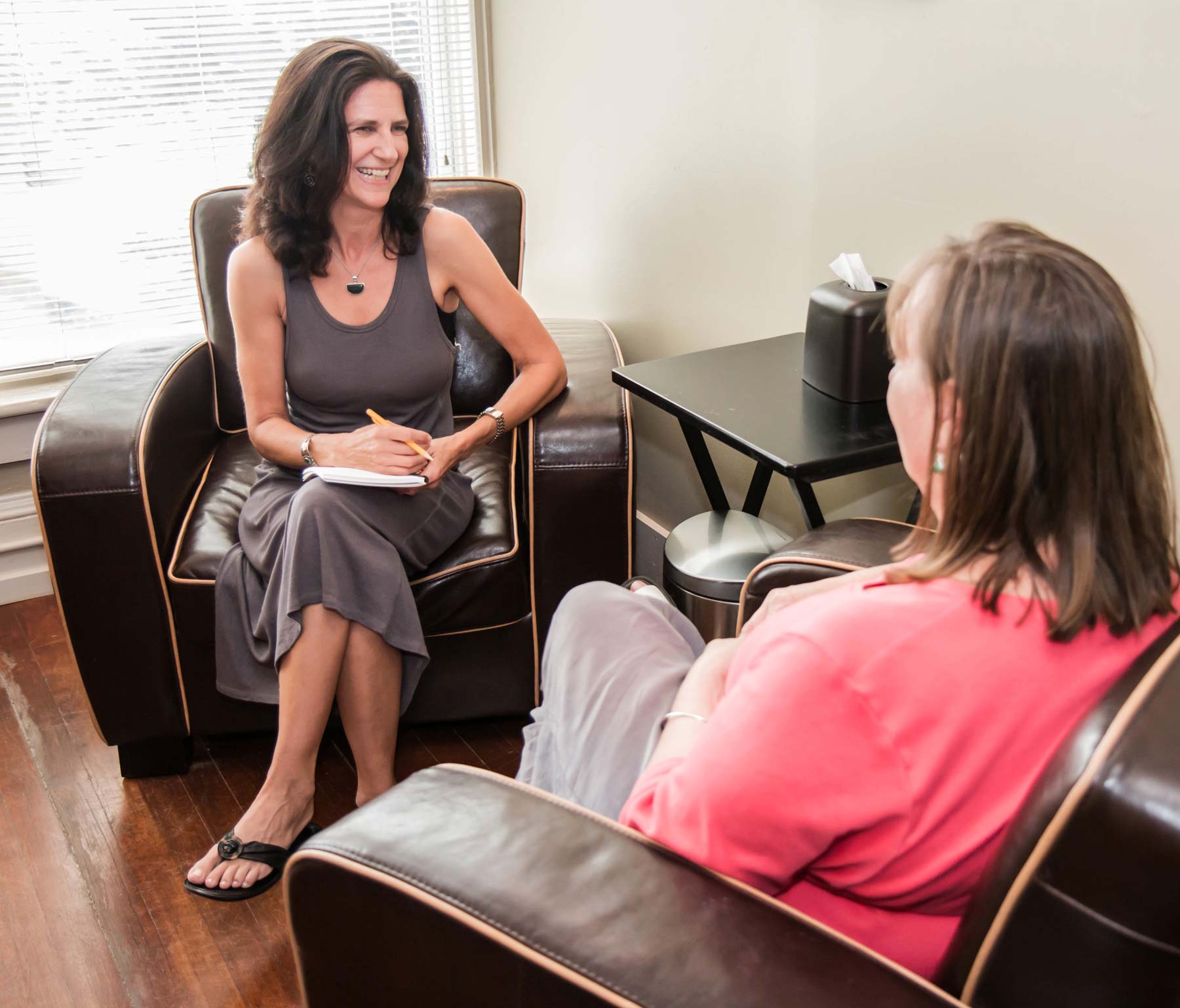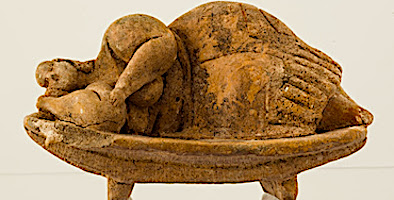Why would you want to talk about your dreams?
The little-known benefits of dreamwork

Recently, at a small gathering at a friend’s house, the host introduced me to one of the guests who I hadn’t met before. He asked what I did for a living and I told him that I work with people and their dreams. “Do you mean dream interpretation?” he asked. I explained that I don’t interpret dreams as much as I help people discover their dream’s meanings for themselves.
“I don’t remember any dreams,” he said. Then he added, “why would I want to?”
“For starters, dreams are interesting and entertaining,” I told him. “And if you start to pay attention to them you can learn a lot about yourself, you can use them to help you solve problems or get new perspectives on issues you’ve been stuck on.”
Overhearing our conversation, another guest came over guiding her friend by the elbow. “You need to talk to Joan,” she told me. Joan, it turned out has nightmares. Every night! I asked if she’d ever sought help for this situation. She shook her head. “I’ve learned to live with it,” she said. I told her that dreamwork with a trained professional had proven benefits with nightmares and urged her not to give up.
Suddenly everyone was talking about dreams and peppering me with questions: Why were they having recurring dreams? What did it mean if you dream about someone who has died? What is dreamwork, and is that the same thing as dream interpretation?
And now the first guest, who’d been dubious earlier, wanted tips on how to remember his dreams—now that he was convinced that he wanted to. But we were there to celebrate a birthday, not have a workshop on dreams and their benefits. So, we turned our attention to the cake and the candles, and the conversation shifted to other things.
When I got home that evening, I couldn’t stop thinking about how eager the people I met had been to learn about their dreams, and how many people are suffering needlessly from nightmares. Mostly it occurred to me that people don’t realize that dreamwork, which can be as simple as a conversation with a trained professional, has been proven to help with everything from grieving to relationship issues, to nightmares, and feelings of overall well-being.
But it’s difficult to share specifics about how one-on-one dreawmork helps due to confidentiality issues. So, for this post I’ve changed names and identifying characteristics to protect the privacy of the people I have worked with. For direct quotes from some of my clients, click here.
Befriending nightmares
Elizabeth was a college student who was having nightmares several times each week. In the morning she was having trouble shaking off the unsettling feelings and disturbing images from those dreams. She’d begun to avoid going to sleep, she told me, because she dreaded more of the same. She was seeing a psychotherapist who recommended that she come see me about the dreams.
During our first session, I talked to Elizabeth about nightmares, how common they are in adults, and a few approaches to working with them. Then we discussed her most recent dream and used dreamwork techniques to help her find the healing messages her dream might be giving her. After just one hour-long session, Elizabeth went several weeks without a scary dream. After some time, she did have another nightmare. But, she told me, now she asks herself the kinds of questions I asked her in our sessions, and that really helps. The thing that stuck with her she said, is when I told her that nightmares contain helpful information. Now she approaches her scary dreams calmly when she has them, and she sleeps much better overall.
Moving through grief
Peter, a retired editor, had recently lost his wife of 35 years. He had done more than a decade of psychotherapy in his thirties, so he knew the value of working with dreams. Overall, he felt he was managing well enough, but he wanted someone to talk to without having to, as he said, “excavate my entire childhood again.” Dreamwork, he thought would be a good way to help him stay present with his emotions as he mourned his loss, and began to rebuild a new life for himself.
Dreamwork also helped him track his progress as he worked through his feelings of grief and sorrow. The dream sessions also became a way to navigate new challenges as he developed new friendships and deepened his involvement in volunteer work. Whereas at first he scheduled sessions weekly, three years later he continues to make appointments whenever a particular dream sparks his curiosity. Dreamwork, he says, helps keep him honest with himself, showing him places where he might be burying emotions. It also helps him recognize and draw on inner resources and strengths that help him not just to cope, but to thrive.
Discovering her midnight muse
Luisa is a musician who came to her first dreamwork session because she’d been having a recurring dream that was as mysterious as it was persistent. During our session she began to uncover the messages the dream was delivering. In subsequent meetings, she noticed that the theme continued to repeat, but with significant changes that reflected shifts in awareness that resulted from our work together. After just a few sessions she had enough understanding of her dreams to work with them on her own. I hadn’t heard from her for about a year when she contacted me to let me know she had a new CD coming out. The songs on it, she said, were inspired by the motifs in the dreams she’d explored in our sessions. That, Luisa said, was a wholly unexpected benefit to dreamwork!
Do you have a success story about how a Third House Moon dreamwork session helped you? Message me, or leave a comment here.
Learn more about the benefits of dreamwork.
